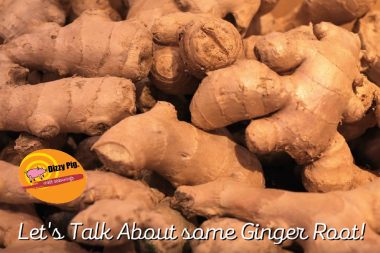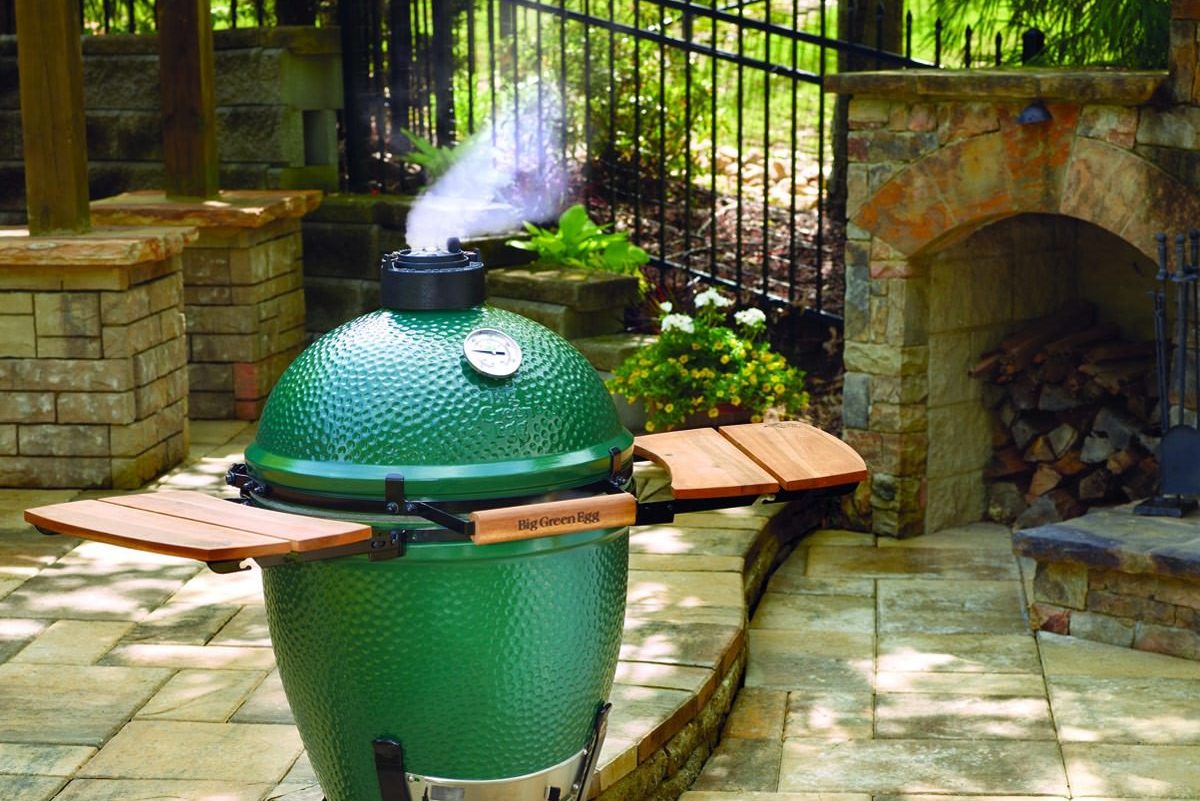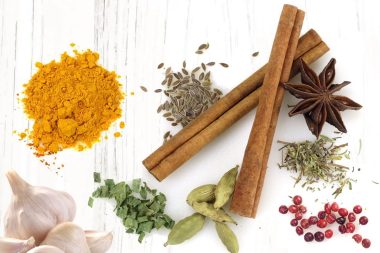
The Amazing & Mighty Ginger
Part of cold weather cooking includes working in Superfoods that keep us healthy and nourish us to stay well. Ginger is a big player here. Read More
Free Shipping on orders $75+ (USA only)
 It is hard to describe my excitement when I got my first smoker, a Big Green Egg, 20 years ago.
It is hard to describe my excitement when I got my first smoker, a Big Green Egg, 20 years ago.A big step up from my old gas grill, I couldn’t wait to get to smoking good American barbecue. Ribs, pulled pork, and brisket. Yeah!
And, man, did I smoke it.
Everybody seemed to like what I was doing, but my wife always had the same comment. “Can’t you make it less smokey, Honey?” My response… “it’s a “smoker” and it is supposed to taste smokey!”
It didn’t take long to figure it out… once I started attending events, competing, and judging barbecue… that my wife was right. I was putting way too much strong smoke on my food. Over the last couple decades I’ve seen the good, the bad, and the ugly when it comes to the smoking of meats. And my takeaway is:
Enhance your food with smoke — don’t hit your guests over the head with it.

After all, the ultimate goal is to create a flavor journey for whomever has the honor of eating what you cook. A competition cook, especially, really needs to think about how the flavors develop in the mouth. Like a certain spice can dominate if overused, smoke can overwhelm other flavors… the ones you worked so hard for!
Happy smoking and have a great flavor journey!
Dizzy Pig pitmaster Chris Capell
Hope you’re enjoying our Dizzy Tips!
See more Dizzy Tips
The Amazing & Mighty Ginger
Part of cold weather cooking includes working in Superfoods that keep us healthy and nourish us to stay well. Ginger is a big player here. Read More
Healthy food can be delicious too: How Dizzy Pig uses Superfoods to spice things up!
Using superfood spices is an easy way to not only make food taste better but also get the health benefits we have all learned are vital. Read More
6 Award-Winning Tips for Moist and Tender BBQ
Winning over a pro BBQ contest judge is not easy, it takes moist, tender, and tasty BBQ and a lot of know-how. Read More

